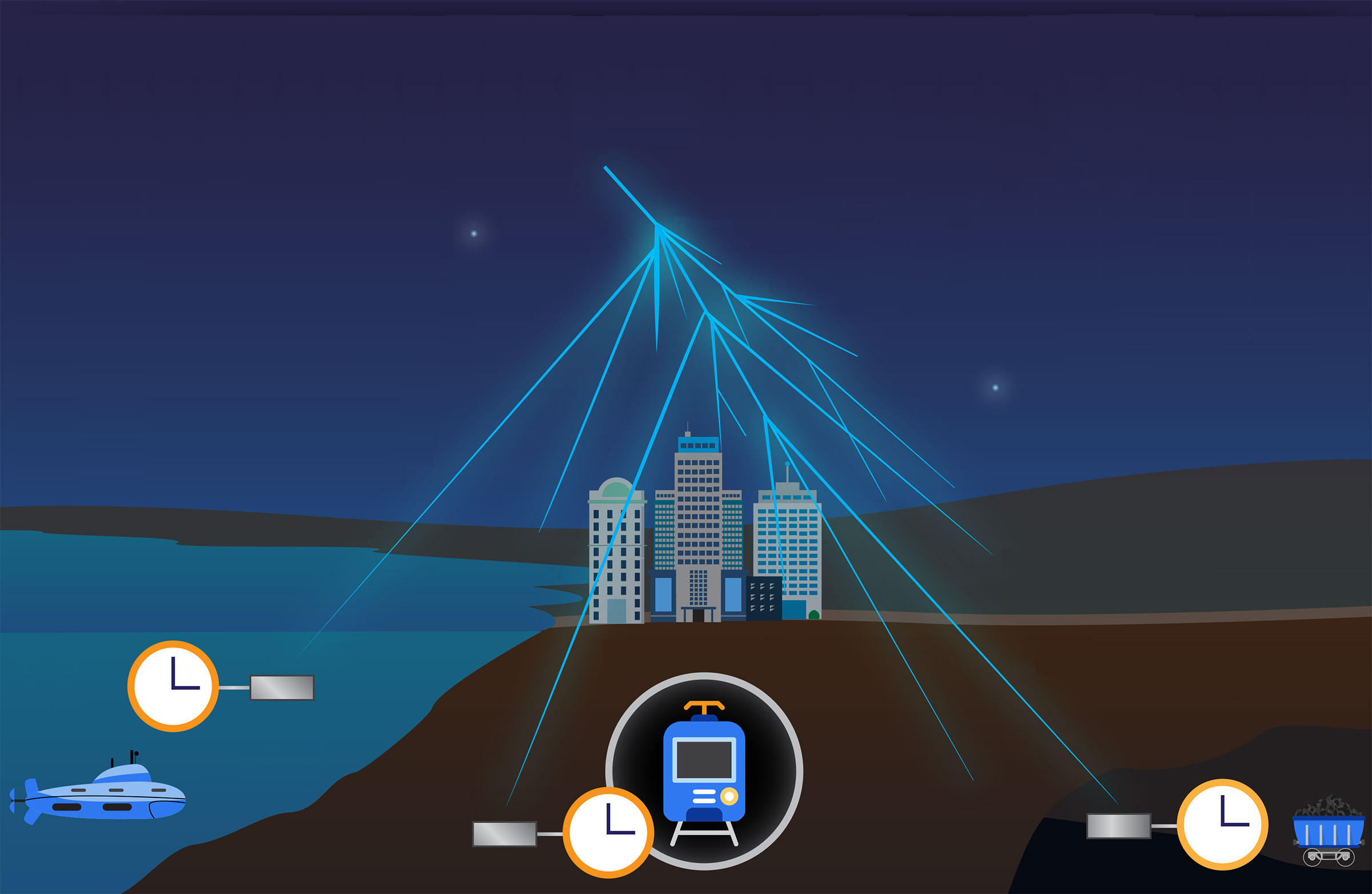These are independent reviews of the products mentioned, but TIME receives a commission when purchases are made through affiliate links at no additional cost to the purchaser.
GPS is great, unless you’re in a blind spot, inside a building, or under water. Professor Hiroyuki Tanaka at the University of Tokyo has developed a system that’s more reliable and precise. It uses muons, particles that are a natural form of radiation, which constantly bombard the Earth’s surface and are absorbed by the land or water they fall on. Tanaka’s muon positioning system tracks the level of radiation that reaches a receiver and computes how much has been absorbed along the way. This allows systems to map walls and floors or detect the presence of people. “The current positioning accuracy is 3.5 centimeters indoors,” says Tanaka. In March, the tech was used to uncover a hidden room within a 4,500-year-old Egyptian pyramid.
More Must-Reads from TIME
- Cybersecurity Experts Are Sounding the Alarm on DOGE
- Meet the 2025 Women of the Year
- The Harsh Truth About Disability Inclusion
- Why Do More Young Adults Have Cancer?
- Colman Domingo Leads With Radical Love
- How to Get Better at Doing Things Alone
- Michelle Zauner Stares Down the Darkness





